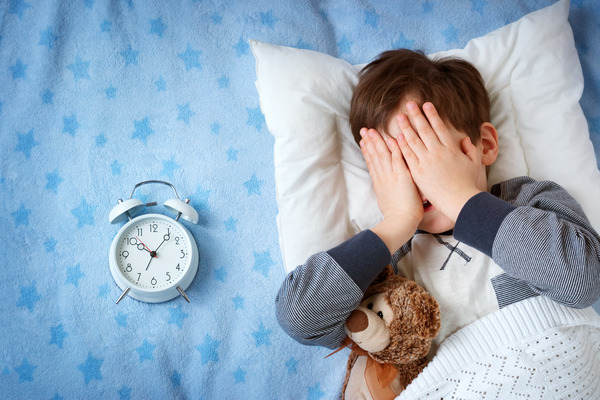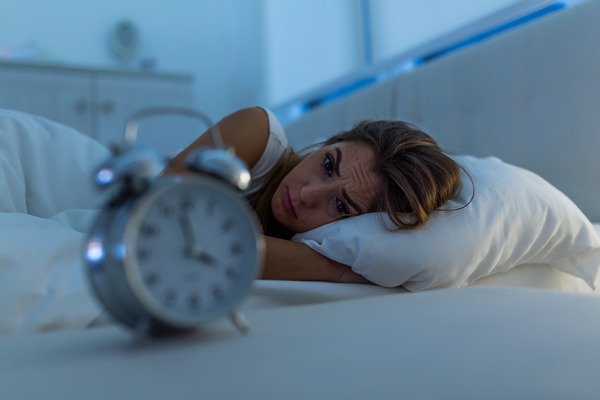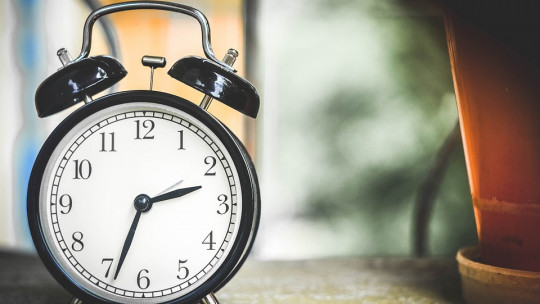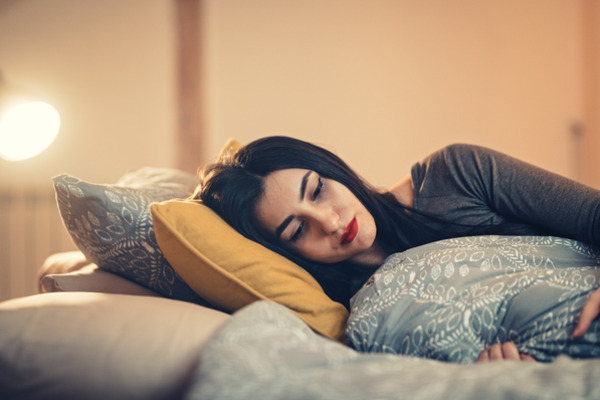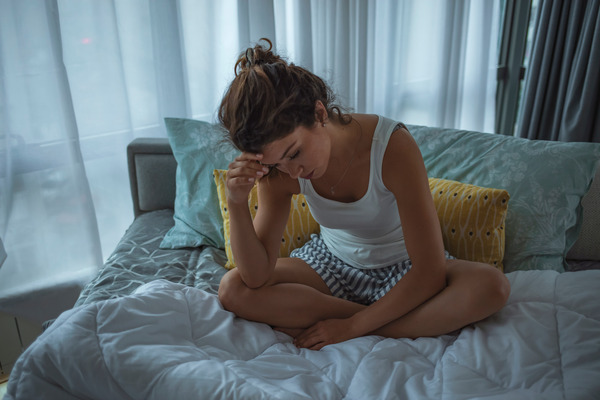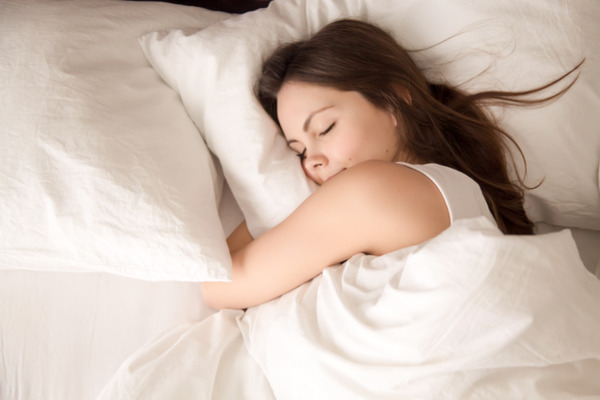Do you have problems falling asleep? Do you think that bad rest affects your life? Sleep hygiene will allow you to enjoy your rest more and get more energy.

The sleep hygiene It is an effective method to enjoy a better rest. Through the sleeping habits shown with these tips, it is possible to greatly improve both our mood and all the problems derived from a bad rest.
Creating good sleep hygiene not only means creating an ideal bedroom environment for resting as well as establishing certain routines, but it is much more than this. Even so, each person has a different dream and that is why you must adapt your sleep hygiene to your habits and customs in bed (as long as these are positive to promote rest). Thanks to one sleep hygiene You will be able to improve your rest and have much more energy to face the day.
Why is sleep hygiene important?
have some good sleeping habits It is not only important to be able to perform in your daily life. Getting rest at night is essential for your physical and mental health. Additionally, both adults and children can benefit from these guidelines for sleep hygiene and improve their rest.
Improving our sleep hygiene is not only something we can all do, but it is a way to improve our health in every sense. Furthermore, by establishing them you can avoid insomnia problems as well as other disorders derived from an unhealthy life.
Sleeping well is something very necessary to face the day in the right mood. More than 20% of the population has complaints regarding sleep. The daily problems of work, relationships and family are stress factors that we usually take to bed; However, there are a series of habits that can help fall and stay asleep so that it is restorative.
Guidelines for sleep hygiene
There are some recommendations that are essential for improve our sleep. In this way we will ensure that during the night we can repair all the fatigue so that we can wake them up with all the necessary energy.
1. Get up at the same time
A regular time for getting out of bed in the morning regularizes sleep consolidation times at night and helps establish your “biological clock.” Human beings are animals of habit, so it is important to accustom our body to a regular sleeping schedule, which is preceded by a series of rituals that indicate that we are going to go to bed. If you tend to eat compulsively late at night, it would be appropriate to work on the anxiety and/or depression that underlie this bad habit.
2. Do physical exercise regularly
Plan your exercise times so that you do it 3 hours before going to bed. Exercise facilitates the onset of sleep and its depth. Dedicate about 20 or 30 minutes a day to practice of physical exercise It is very healthy. All physical activities provide us with well-being, reducing our anxiety levels and promoting sleep at night. Both the absence of physical exercise and excessive sports activity can make it difficult to fall asleep.
3. Make your room comfortable
A sleeping environment that is comfortable and free of noise will reduce the likelihood of you waking up during the night. Noise that doesn’t wake you up could also harm your child. quality of your sleep. Having rugs, insulating curtains and keeping the door closed can help.
4. Make the temperature comfortable
Make sure the temperature of the room you sleep in is comfortable at night. Excess heat or cold in the environment can impair sleep.
5. Eat regularly and don’t go to bed hungry
Hunger can disrupt sleep. Some light snacks before bed (especially carbohydrates) can help you sleep, but it’s best to avoid greasy or “heavy” foods.
6. Avoid excessive consumption of liquids at night
Reducing fluid consumption will minimize the need to go to the bathroom at night.
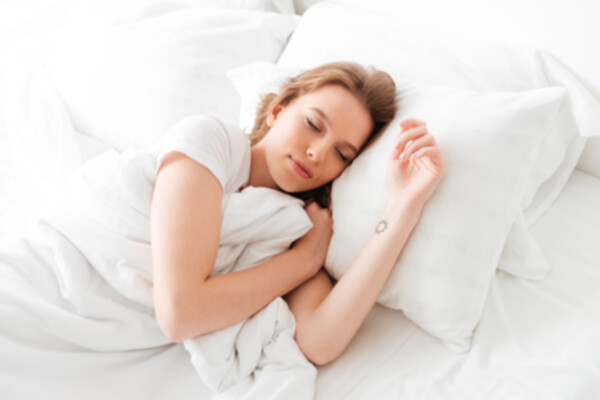
7. Reduce or eliminate the consumption of products with caffeine
Foods and drinks with caffeine (coffee, tea, cola, chocolate) can cause difficulty falling asleep, nighttime awakenings, and light sleep. Even caffeine consumed during the first hours of the day can affect about the dream of the next night.
8. Avoid alcohol, especially at night
Although alcohol can help tense people fall asleep, it causes nighttime awakenings later.
9. Tobacco can affect sleep
Nicotine is a stimulant. Try not to smoke at night when you have trouble sleeping.
10. Don’t take your problems to bed
Plan time beforehand, during the afternoon, to solve your problems or to organize the next day’s activities. Worries can interfere with falling asleep and cause light sleep.
11. Don’t make an effort to fall asleep
This only exacerbates the problem. Instead, turn on the light, leave the room, and do something different like read a book. Don’t start a stimulating activity. Only go back to bed when you feel drowsy. The famous sheep technique, as you may have seen, does not work. The goal is to clear your mind, leaving behind any type of reflection on any worry or anguish. The best way to deal with problems is not to think about them when we go to bed, so that we can wake up fully rested the next day and thus be prepared for the day-to-day battle. If you can’t fall asleep or stay asleep, melatonin or lime blossom can be a great help.
12. Move the alarm clock out of your sight
Place the alarm clock under the bed or turn it so you can’t see it. Looking at the time can lead you to feel frustrated, angry, or worried, feelings that interfere with sleep.
13. Avoid naps
Staying awake during the day helps you fall asleep at night. Although many tend to defend the nap as something traditional, the truth is that there are many scientific studies that indicate that the nap can alter our sleep patterns during the night, especially if we abuse it for more than 20 minutes.
If, after practicing these tips, we continue to suffer a constant alteration in our sleep habit it is important that we go to a specialist since both insomnia and hypersomnia can be symptoms of a psychological disorder.


